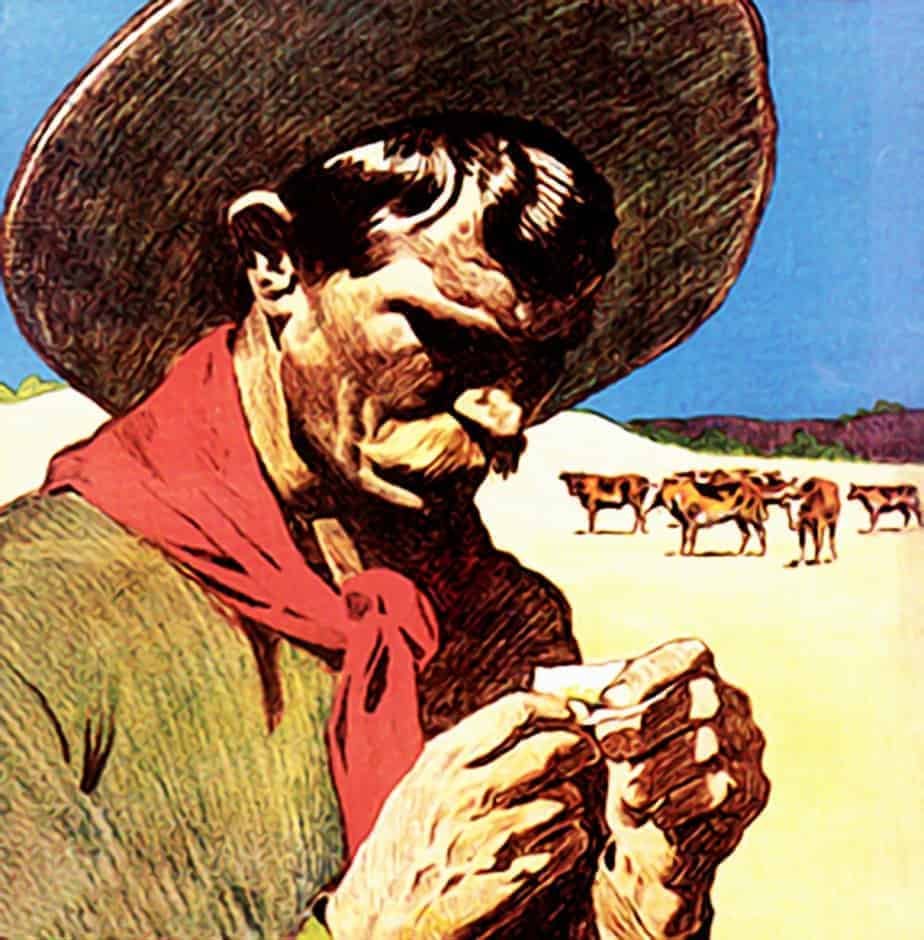What’s cowboy ethics or cowboy code? These unwritten laws shaped the culture of the Old West and defined how the American Cowboy lived his life. This standard of conduct became known as the “Code of the West.”
“All the cattle in the world seemed to be coming up out of Texas.”
– Teddy Blue Abbott, cowboy, 1883
Cowboy Culture
The roots of cowboy culture evolved from the Spanish who settled in New Mexico and later Texas bringing steers to western and eastern markets. In the 1690s the first cattle arrived in Texas. Missions were operating cattle ranches around San Antonio and Goliad by the 1730s. Ranchers like Martin de León began to build large operations. De León had some 5,000 cattle by 1816. The first cattle wranglers were the vaqueros. “Vaquero” is Spanish for cowboys and cattle drivers. Texans were the first American cattle drovers who evolved from the Spanish vaqueros.
What is Cowboy Ethics? Cowboy ethics were unwritten and therefore many different versions of the code were carried down through the years. The code represented how a cowboy lived his life; shaping the culture of the Old West.
Cowboy Ethics in Practice
A cowboy did not exploit or take advantage of the little guy. The cowboy was true to his word and kept a promise if one was offered. A cowboy was considerate of children, their elders, and animals. A Cowboy respected other people regardless of their ethnicity or religion. Fair play was at the forefront of the code. Cowboys were hard workers who kept clean personal habits including speech and actions. A cowboy would come to the aid of those less fortunate. He was loyal and finished what he started, taking a stand if needed.
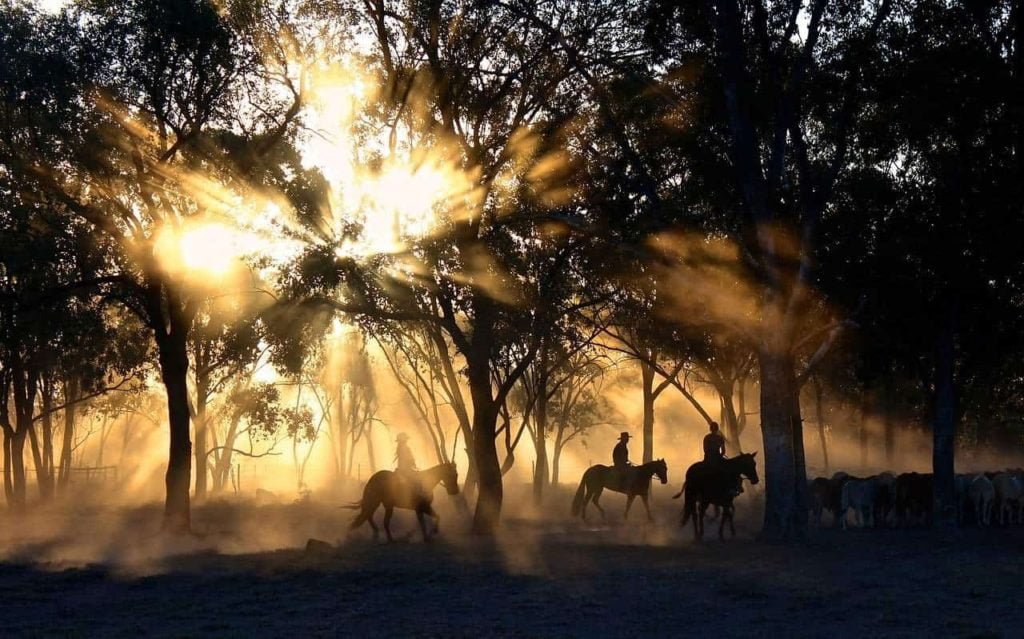
Cowboys Helped to Settle the West
Cowboys assumed a significant place in the settling of the west. Ranching was a major industry and cattle drovers assisted with cattle, herding them to market. Cattle drovers became known as cowboys who liked breaking ponies, roping cows, and riding the range for long periods of time. Cowboys were fearless on the trail sometimes driving cattle for a thousand miles. A decent horse was a cowboy’s constant companion and could keep watch on the cattle around evening time. Only the best-trained horses were utilized for this purpose.

Cowboy’s Constant Companion
A decent horse was a cowboy’s constant companion. Cattle drovers carried firearms when on the trail, yet those weapons were utilized mostly for protection from dangerous animals and stampedes. The cowpoke’s life was full of difficult work, low pay, and little rest particularly at roundup time or on a cattle drive. He would get up before dawn and have a hearty breakfast of bacon, beans, bread, and cowboy coffee prepared by “Cookie” the camp cook.
Cowboys would then saddle up, riding the range 18 hours or more a day. At the end of a long day, he might get a couple of hours to rest on his bedroll under the stars, yet if it was his night to tend the herd, rest would have to wait.

Cowboys Wore Big Hats
Cowboys commonly wore big hats with a wide brim to shield them from the sun, boots to assist them with riding their horses, and handkerchiefs to protect them from the constant dust. Some cowboys wore chaps on the exterior of their pants to shield their legs from sharp prickly plant needles, rough territory, and snakes. The absence of laws made it important for the cowboy to define his way of life with a set of rules on the best way to act which are what cowboy ethics are.
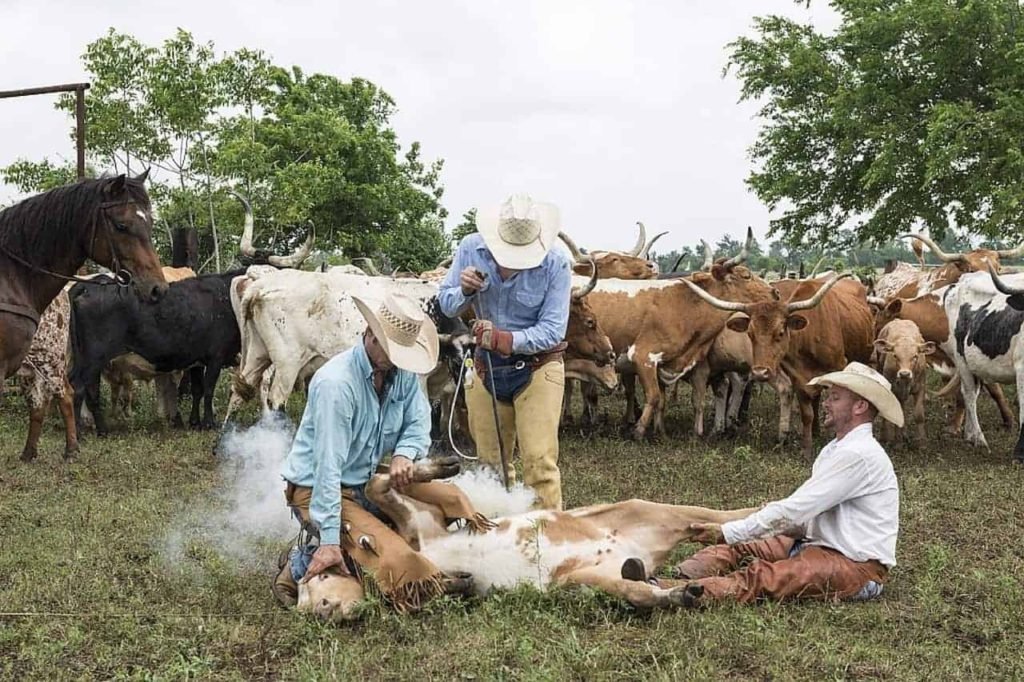
Bound by Cowboy Ethics, What is Cowboy Ethics?
Cowboys who settled in the west followed a code of cowboy ethics. These standards defined neighborliness, a reasonable day’s work, dedication, trustworthiness, true regard for the land and its inhabitants, an unshakable hard-working attitude, and a sense of fairness.
Even though the cowboy might occasionally overstep local traditions he was invested in maintaining his own unwritten code. An individual who broke the code could become a social outsider. The code fostered regard and profound respect for the animals, the land, and the cowboy way of life. This included a solid work ethic, loyalty, sense of fair play, honesty, and shared comradery.

The roots of cowboy culture evolved from the Spanish who settled in New Mexico and later Texas bringing steers to western and eastern markets. Texas had more cows, more ranches, more horses, and more guns than any other state in the 1800s. The American cowboy was a western fixture and is still considered an integral piece of the American West.
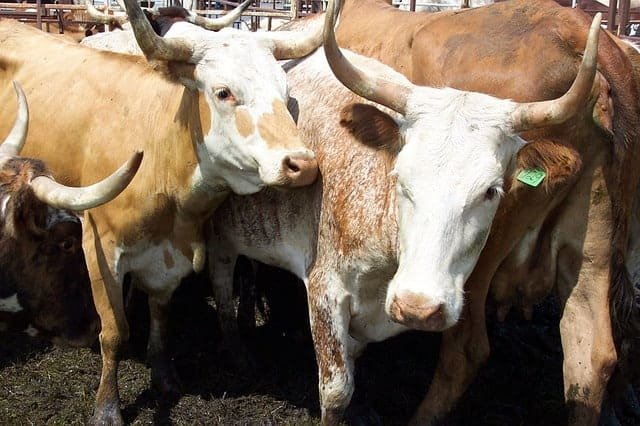
Cowboy Way of Life
Cowboys were also inclusive of other minorities which were present at the beginning of the Wild West and played an important part in shaping the Cowboy way of life. American cowboys built their own individual culture, which included many admirable qualities and gallantry. Cowboys lived a hard-rugged existence of self-reliance and independence. Many modern-day organizations adopt this code or modified versions to represent their ethical and professional conduct in our modern world.
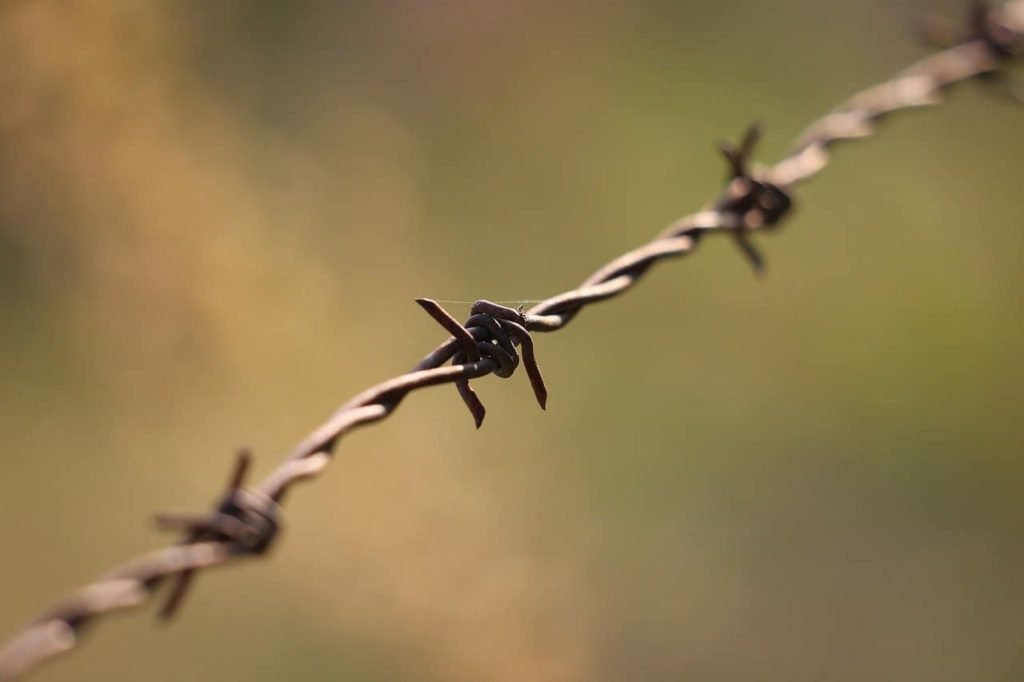
Some famous fictional cowboys were John Wayne, Roy Rogers, and Gene Autry. They in many ways portrayed and personified the idealized American Cowboy values of a past era.
In Conclusion, What is Cowboy Ethics?
There are many legendary real cowboys both famous and infamous. Cowboy ethics are unwritten laws that shaped the culture of the Old West and defined how the American Cowboy lived his life. This standard of conduct became known as the “Code of the West.” Cowboy Ethics upholds the principles of integrity, courage, and self-reliance. They are drawn from the fundamental values of what makes one a true “cowboy” which is often characterized as at being brave, honest, loyal, and generous.
Find out more about Texini, the leading Texas lifestyle brand that is defined by its celebration of the Lone Star State’s culture, heritage, and values.
For a brief narration of Cowboy Codes handed down from the past go here.
Please find out more about Texini, the leading Texas lifestyle brand defined by its celebration of the Lone Star State’s culture, heritage, and values.
What is Cowboy Stew? Find out here.
air fryer recipe areas in Texas areas of texas Austin Texas average cost of living in texas Bar-B-Cue Bar-B-Q Bar-B-Que barbecue barbeque bbq best cities in texas to raise a family best place to live in texas for families bowl of red budget-friendly meal cities in texas comfort food cost of living in texas easy appetizer easy dessert recipe easy dinner easy dinner recipe famous in texas Foods in Texas friendly people google texas county google texas news google texas roadhouse gulf of america leading texas lifestyle brand lifestyle brand local texas one-pot meal party food protein-rich meal Southern comfort food Southern cuisine Southern dessert Texas texas cooking Texas Hill Country texas lifestyle brand Texas Panhandle Texini the leading Texas lifestyle brand weeknight dinner
Cowboy ethics are unwritten laws that shaped the culture of the Old West and defined how the American Cowboy lived his life. This standard of conduct became known as the “Code of the West.” Cowboy Ethics upholds the principles of integrity, courage, and self-reliance. They are drawn from the fundamental values of what it takes to be a true “cowboy” – often characterized as at being brave, honest, loyal, and generous. These values also apply beyond the cowboy lifestyle. Regardless of occupation or even location, Cowboy Ethics can be applied in any situation to produce an ethical choice and ethical results.
American cowboys are known for their resilience, self-reliance, and freedom. A lifestyle of hard work, independence, and loyalty to family values, the cowboy ethos is one of adventure and challenge. Cowboys embody a relationship with the land and animals that are unrivaled in any other culture or tradition. It’s a lifestyle built on tradition, honoring horsemanship and the pioneer spirit that forged our nation’s history.
[CITATIONS]
The Code of the West, a 1934 novel by Zane Grey
Cowboy Ethics: What Wall Street can learn from the code of the west
JP Owen, DR Stoecklein – 2004
Frontier Justice: Cowboy Ethics and the Bush Doctrine of Pre-emption
Dmitri, Holiday
University of Chicago, Master of Arts paper, 2003
Publisher: Citeseer
Recent Posts
Mexican red pickled onion delivers bold tang balanced by a gentle sweetness turning an everyday onion into a crave worthy topping. There is something instantly exciting about a jar of vivid pink...
Southern Homemade Turkey Dressing: The Best Ever (Gluten-Free & Moist!)This Southern Homemade Turkey Dressing is delicious and gluten free. When it comes to holiday meals, there's nothing quite...


